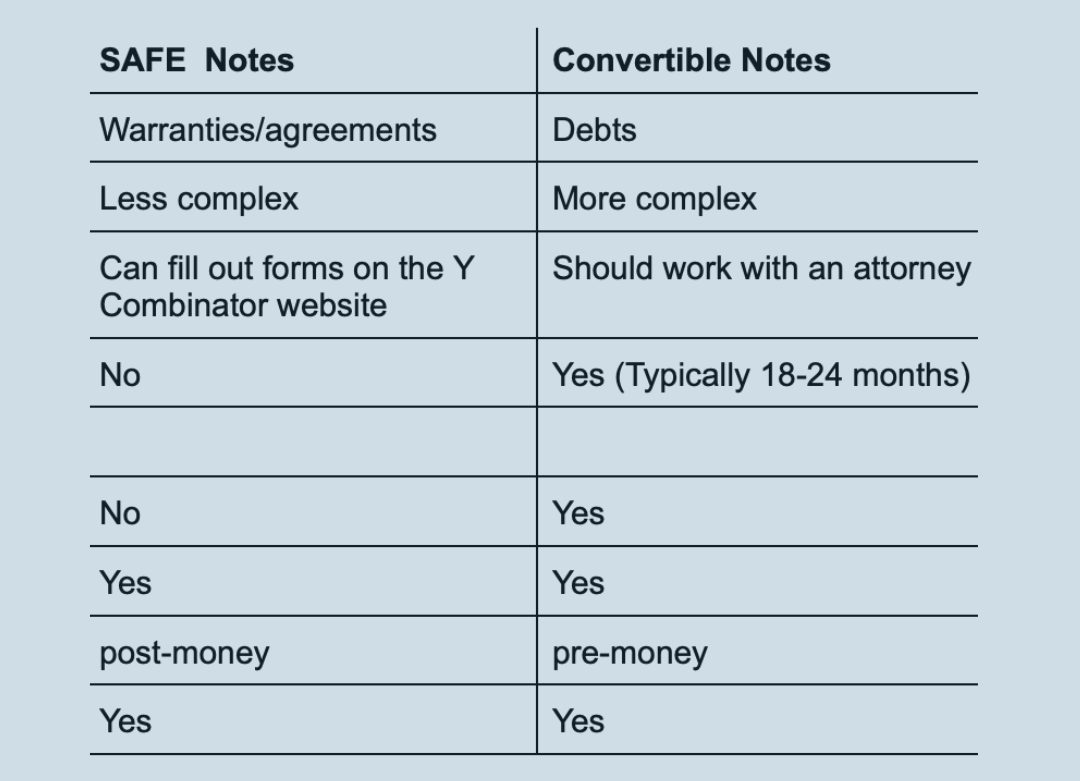Understanding Business Entities: A Guide for Small Business Owners
Hey small business owners, let's dive into the exciting world of business entities. Learn why choosing the right business structure is crucial for success.
What is a Business Entity?
A business entity forms the legal and financial foundation of your operations, much like the foundation of a building. Let's explore the different types of business entities available to you.
Sole Proprietorship
Partnership
Corporation
LLC
Sole Proprietorship:
Discover the simplest and most common form of business structure. Learn about the benefits and risks of this ownership type, including unlimited personal liability.
Partnership:
Explore the advantages of a partnership when you're not the sole owner of a business. Understand the responsibilities, profit sharing, and liability implications of both general and limited partnerships.
Corporation:
Uncover the benefits of forming a corporation as a separate legal entity. Learn how this structure provides limited liability protection for shareholders and enhanced access to capital.
Limited Liability Company (LLC):
Discover the hybrid structure of an LLC, combining partnership and corporation characteristics. Learn about the flexibility of management and taxation it offers, along with the protection of limited liability.
Which Entity is Right for My Business?
Are you unsure which business entity best suits your needs? Consider the following factors when making your decision:
- Liability: Learn how forming a corporation or LLC can shield your personal assets from business debts and obligations, minimizing personal liability.
- Taxes and Flexibility: Understand the tax implications specific to each entity type. Explore the differences between sole proprietors, partnerships, corporations, and LLCs, and choose an option that aligns with your desired tax structure and paperwork level.
- Growth and Funding: Discover why a corporation may be the ideal choice if you plan to expand your business and attract investors. Learn how issuing stocks can raise capital and make your business more attractive to potential investors.
- Consultation and Making the Best Choice: Seek personalized advice from experienced accountants who can guide you through the legal aspects of choosing a business entity. Their expertise will ensure you make an informed decision specific to your unique circumstances.
Conclusion
Picking the right business entity is crucial for setting up your venture for success. Take the time to conduct thorough research, weigh the pros and cons, and choose an entity aligned with your goals. May your business thrive on your entrepreneurial journey!
Other Blogs Related to Startup Finance






